Scientists Discover Viruses That Can Target And Destroy Antibiotic Resistant Bacteria
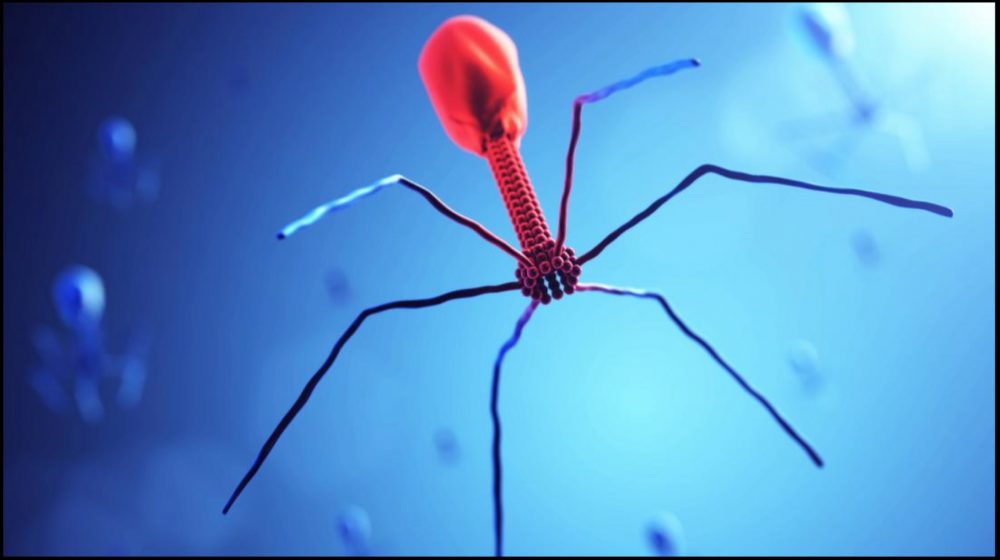
Just 4 years after the mass production of Penicillin began, the world’s first antibiotic-resistant bacteria were discovered. Even today, Antibiotic-resistant bacteria can cause infections that are virtually untreatable, and therefore consequently fatal. A majority of bacterial strands are slowly growing resistant to the use of antibiotics. This may lead to an increase in infections worldwide in the coming years. However, researchers have investigated a category of viruses, known as Bacteriophages which may able to counter the aforementioned bacterial strands.
What Are Bacteriophages?
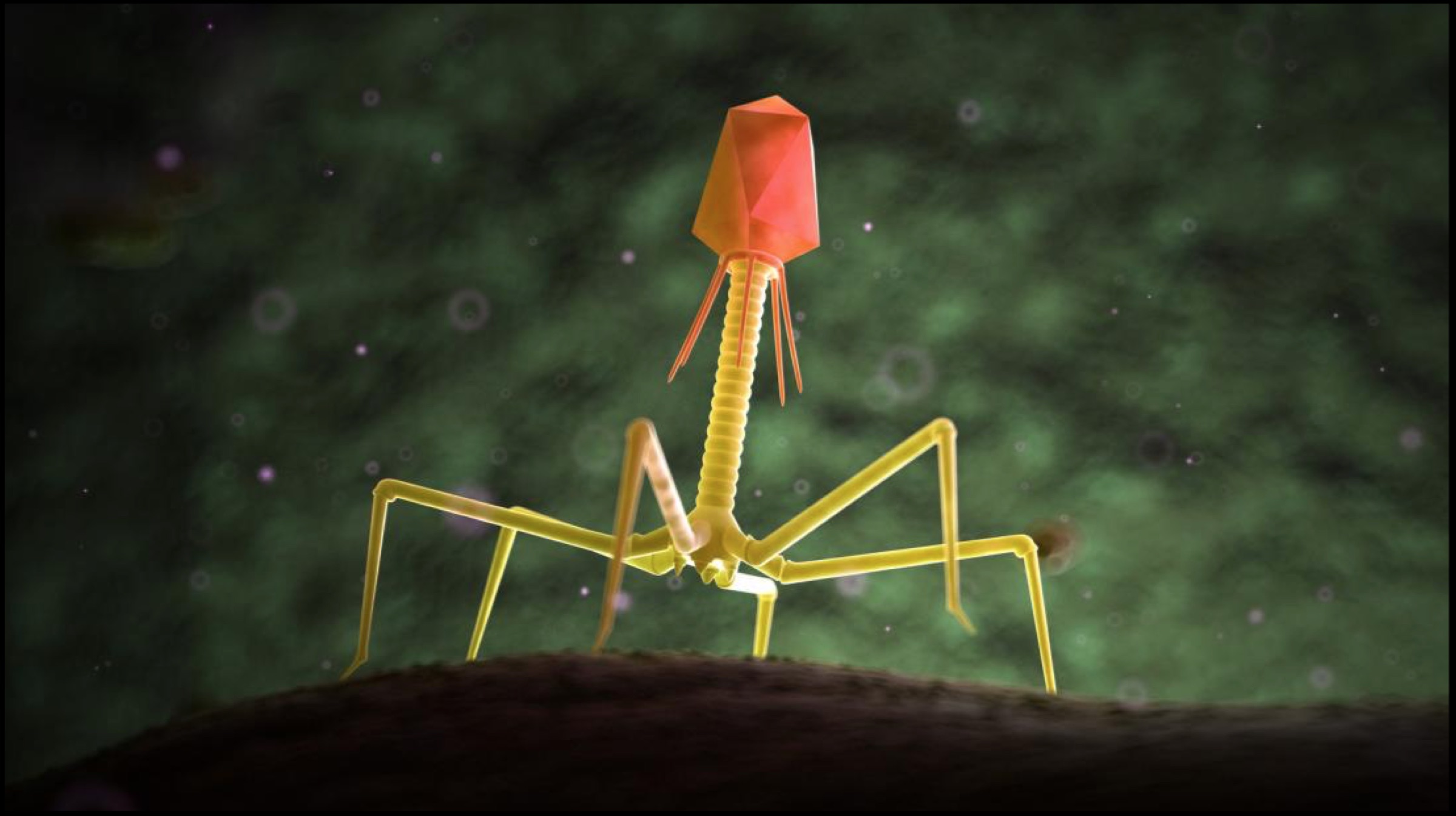 Researchers at the University of Pittsburgh in Pennsylvania and Howard Hughes Medical Institute (HHMI) in Chevy Chase have put forward evidence that suggests that a category of viruses known as “bacteriophages” can be the solution to antibiotic-resistant bacteria. These bacteria-eating viruses target and kill a variety of strains of bacteria that cause infection. An interesting fact to note is that there are an estimated 1031 bacteriophages on this planet, and different phages target different bacterial strains.
Researchers at the University of Pittsburgh in Pennsylvania and Howard Hughes Medical Institute (HHMI) in Chevy Chase have put forward evidence that suggests that a category of viruses known as “bacteriophages” can be the solution to antibiotic-resistant bacteria. These bacteria-eating viruses target and kill a variety of strains of bacteria that cause infection. An interesting fact to note is that there are an estimated 1031 bacteriophages on this planet, and different phages target different bacterial strains.
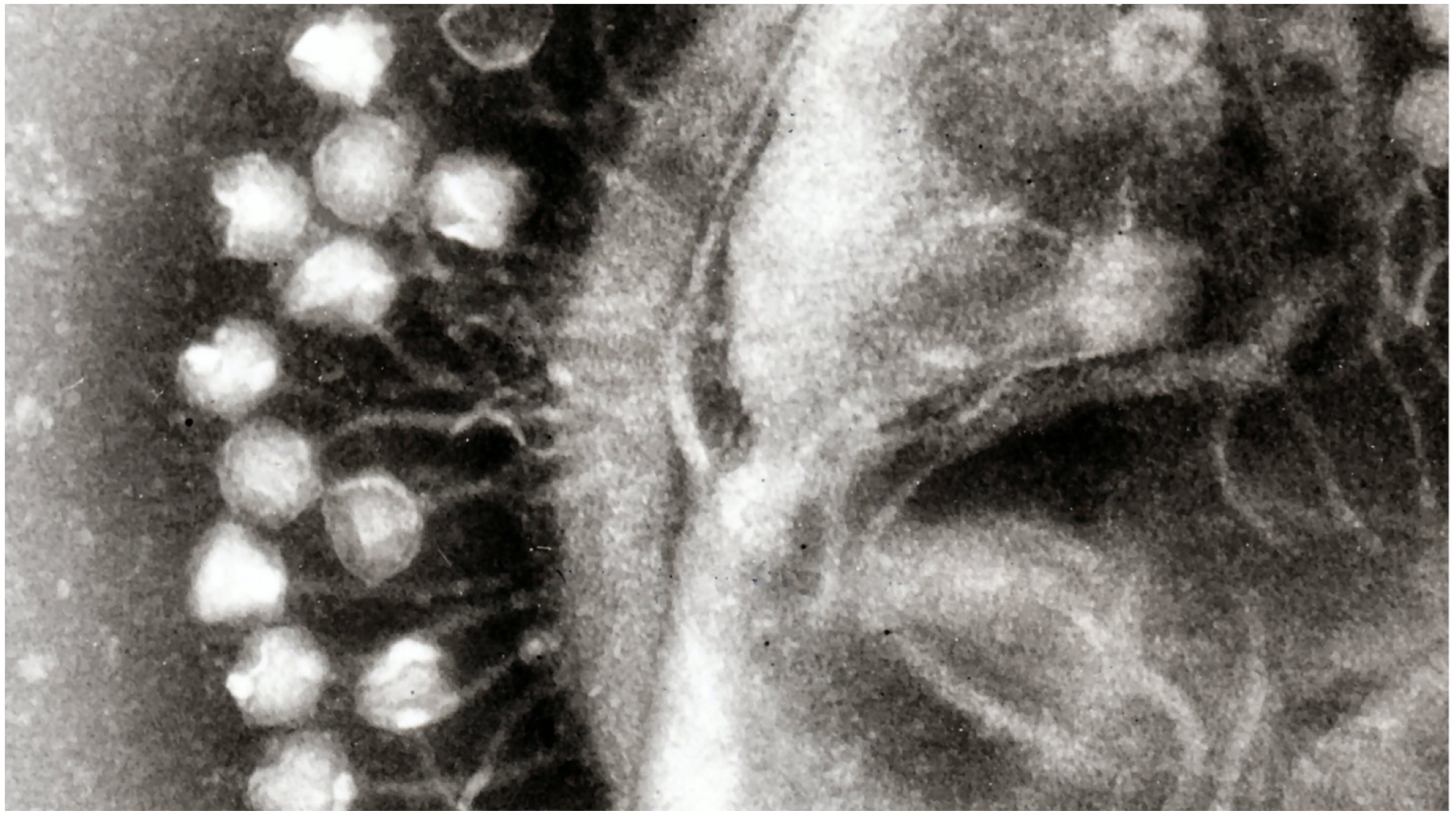 Using bacteriophages (or simply phages) to ward off infections is not a new idea at all. In fact, researchers from Britain, France and Russia were involved in similar investigations since the beginning of the 20th Century, which are proving to be fruitful just now owing to the advancements in research techniques. The “bacteria-attacking” technique was implemented in 2017, where a team of scientists lead by Professor Hatfull achieved a feat nothing short of a miracle.
Using bacteriophages (or simply phages) to ward off infections is not a new idea at all. In fact, researchers from Britain, France and Russia were involved in similar investigations since the beginning of the 20th Century, which are proving to be fruitful just now owing to the advancements in research techniques. The “bacteria-attacking” technique was implemented in 2017, where a team of scientists lead by Professor Hatfull achieved a feat nothing short of a miracle.
How Were The Viruses Used To Attack Bacteria Strands?
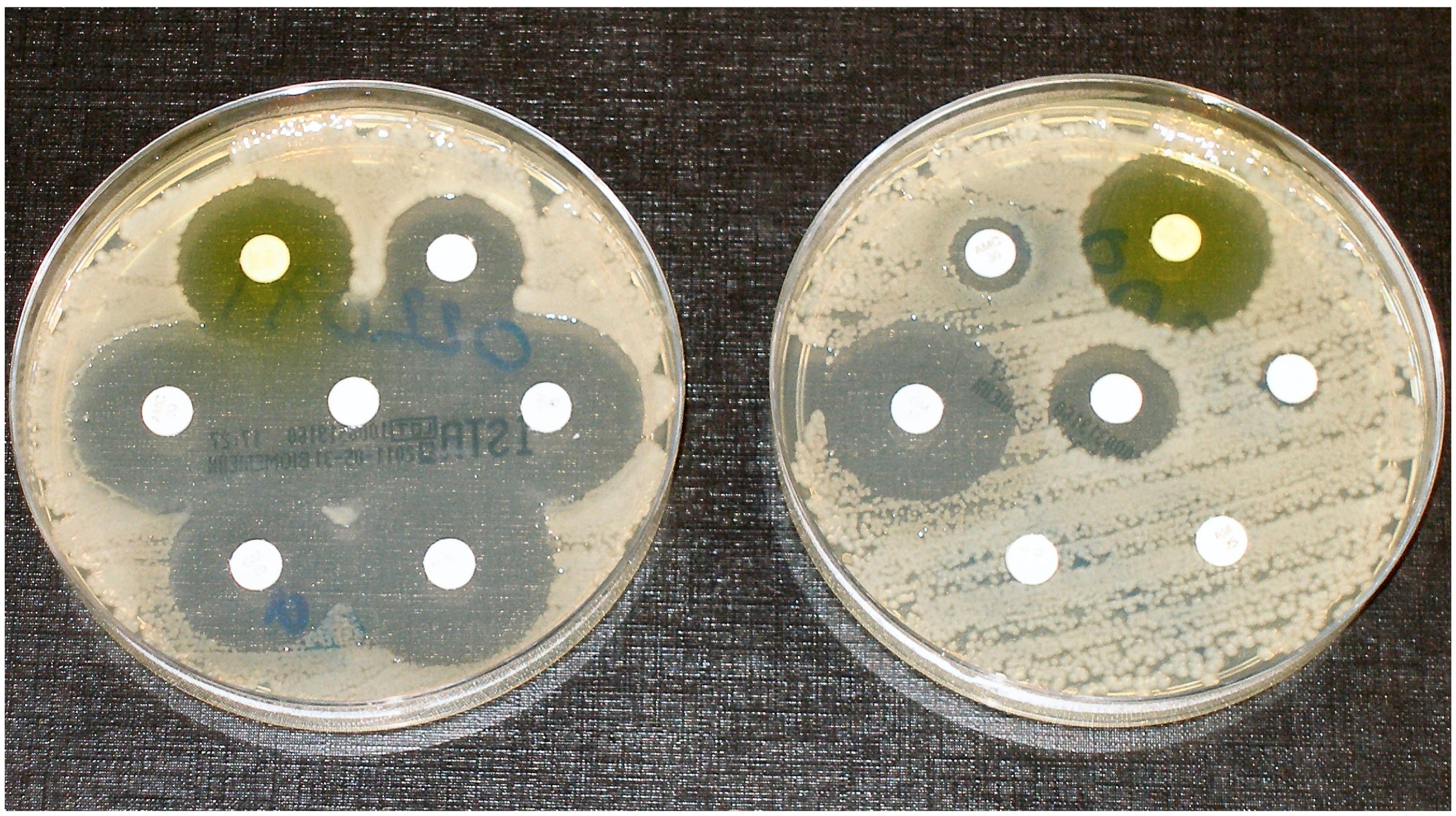 The team of scientists were able to treat an infection experienced by a 15-year-old patient with the help of carefully chosen phages. The patient suffered from cystic fibrosis, which increased the risk of infections because of a buildup of thick mucus in the lungs (and other organs). Moreover, the genetic condition is virtually incurable. After a double lung transplant, it was detected that the patient’s surgery wound was reddened because of a liver infection. Another patient with a similar condition also developed an infection after his surgery. When the infections showed signs of resistance to antibiotics, the scientists decided to use bacteriophages to kill the concerned bacteria.
The team of scientists were able to treat an infection experienced by a 15-year-old patient with the help of carefully chosen phages. The patient suffered from cystic fibrosis, which increased the risk of infections because of a buildup of thick mucus in the lungs (and other organs). Moreover, the genetic condition is virtually incurable. After a double lung transplant, it was detected that the patient’s surgery wound was reddened because of a liver infection. Another patient with a similar condition also developed an infection after his surgery. When the infections showed signs of resistance to antibiotics, the scientists decided to use bacteriophages to kill the concerned bacteria.
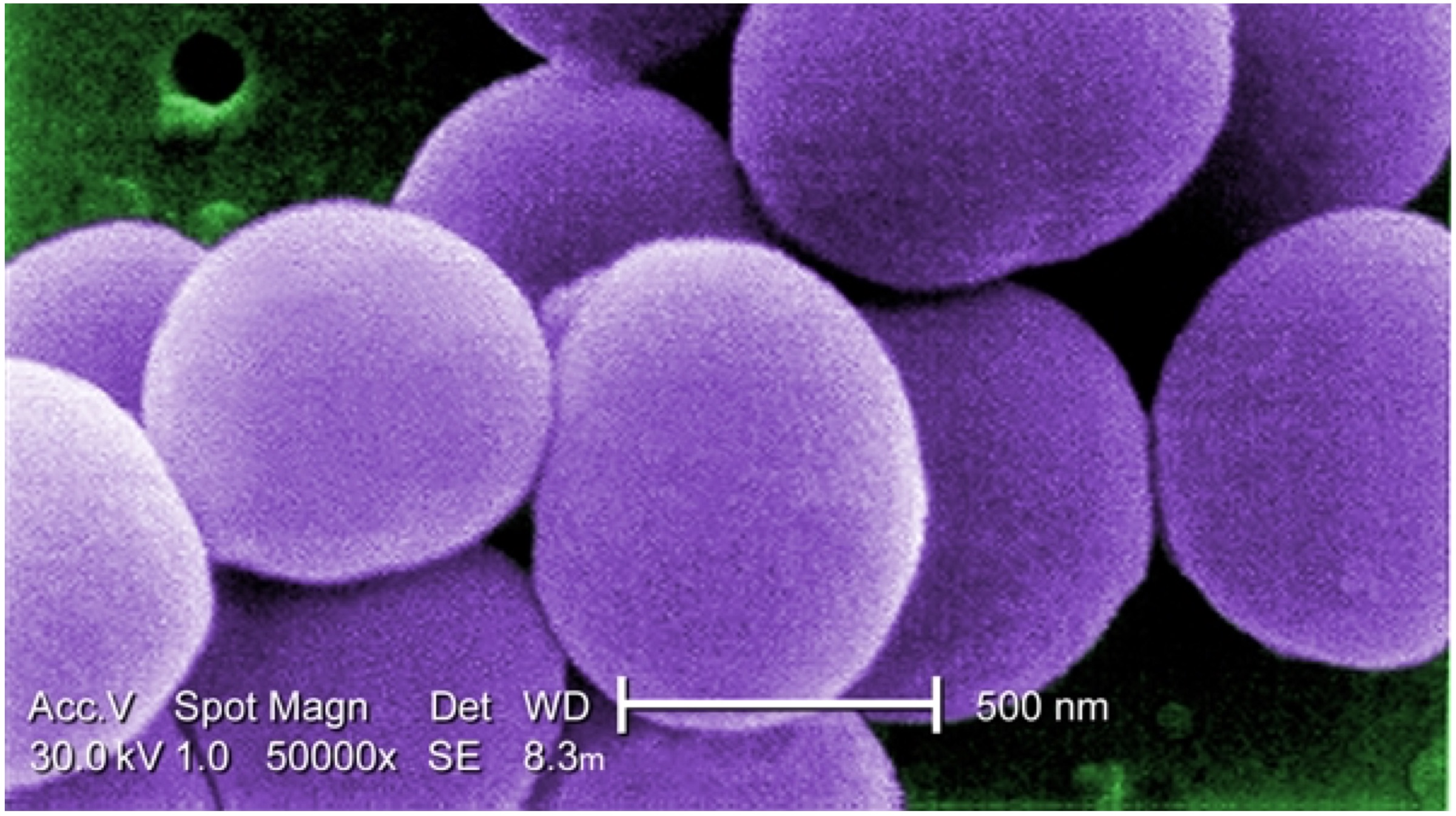 Also Read: Google Reveals The Key Details Of Its Upcoming Fuchsia OS
Also Read: Google Reveals The Key Details Of Its Upcoming Fuchsia OS
After months of research, a set of phages was discovered that could match the bacteria which infected one of the patients. The genomes of the other phage strands were then altered by Professor Hatfull to render them effective against the bacteria they needed to eliminate. Remarkably, when the bacteriophages were administered to the patient, his infection was mostly cured in a period of around 6 weeks. Moreover, the bacteria didn’t show any signs of resistance against the phages. Indicating that bacteriophages can be further incorporated to tackle drug-resistant infections.
















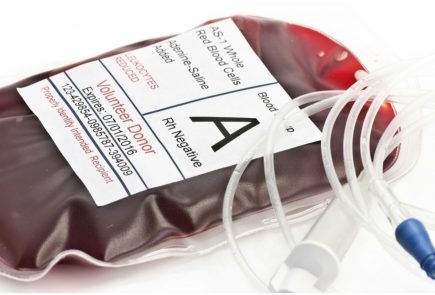
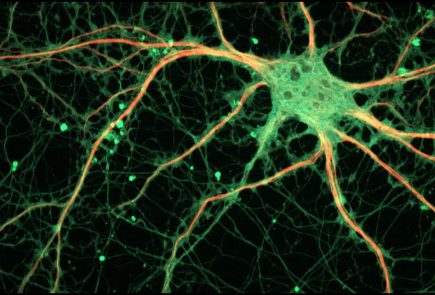
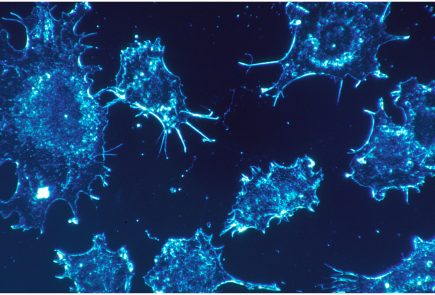
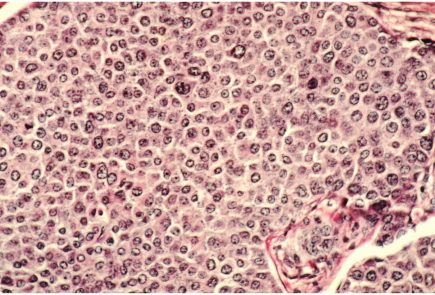
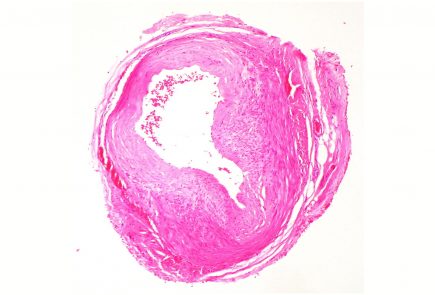
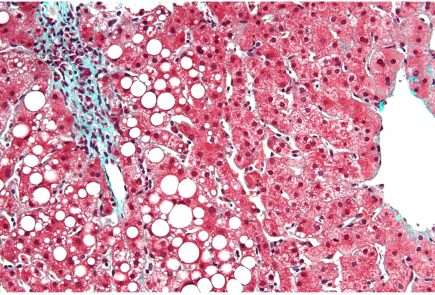


 ! For i
! For i

